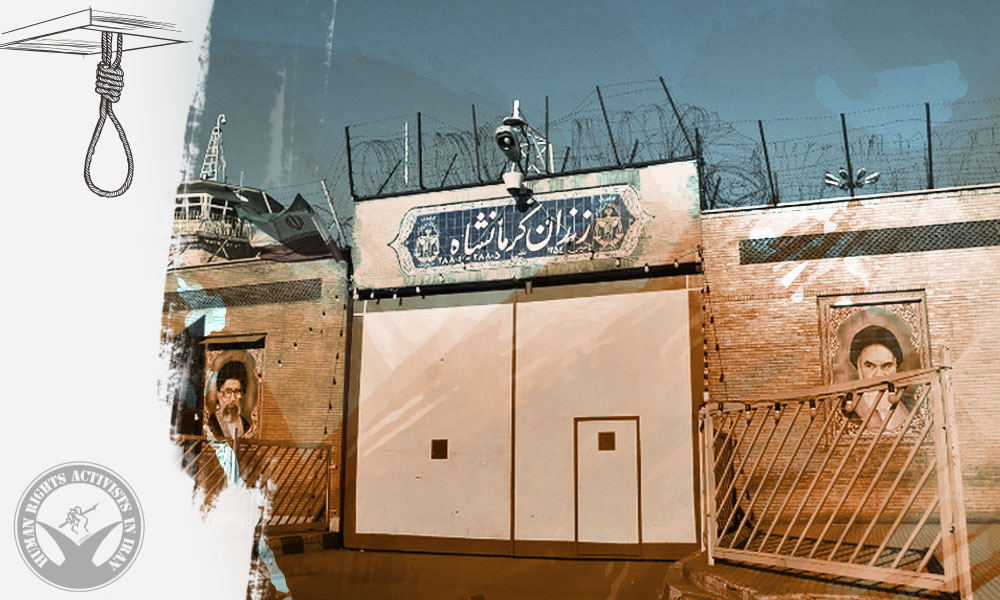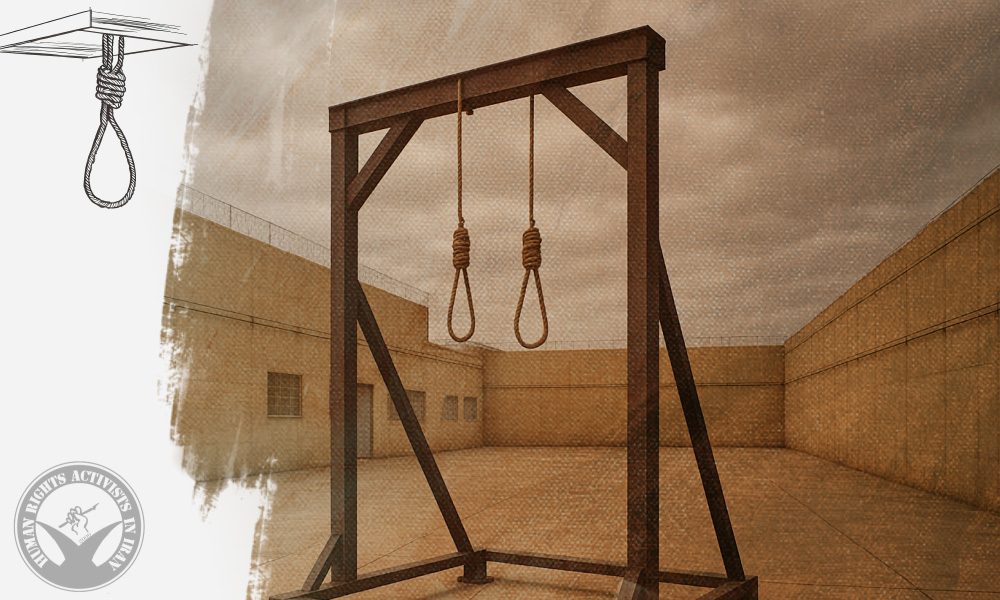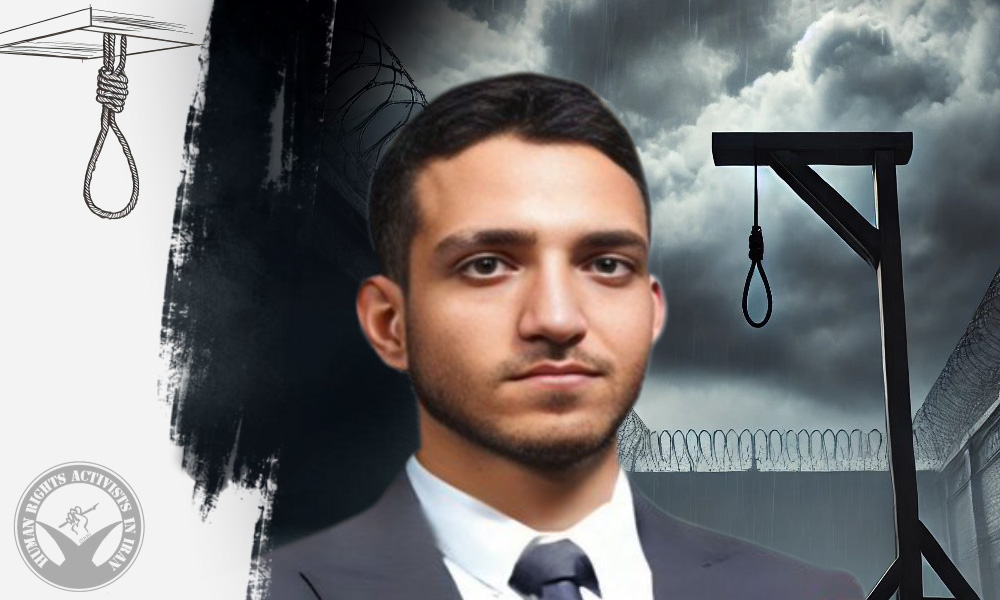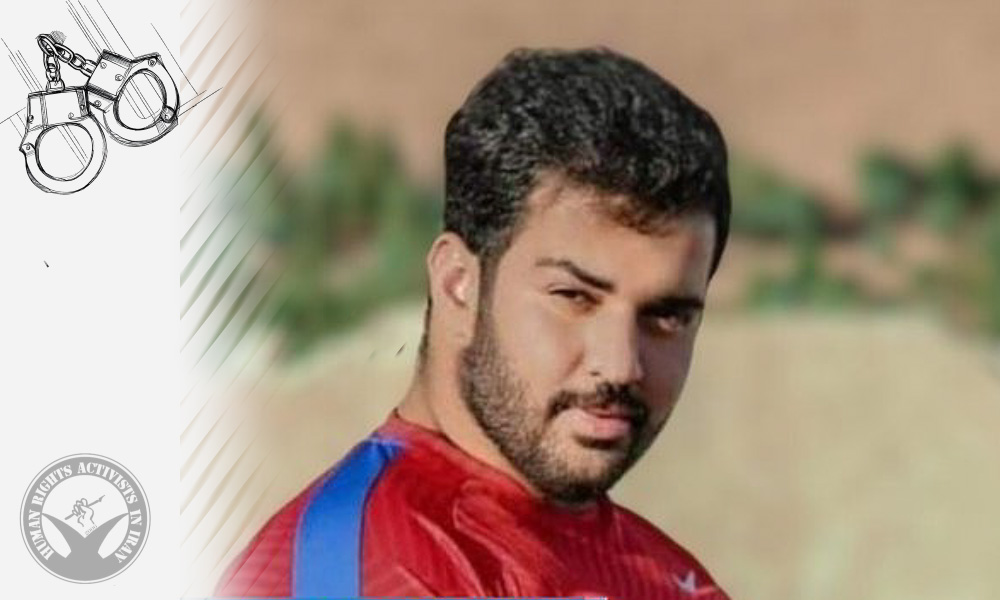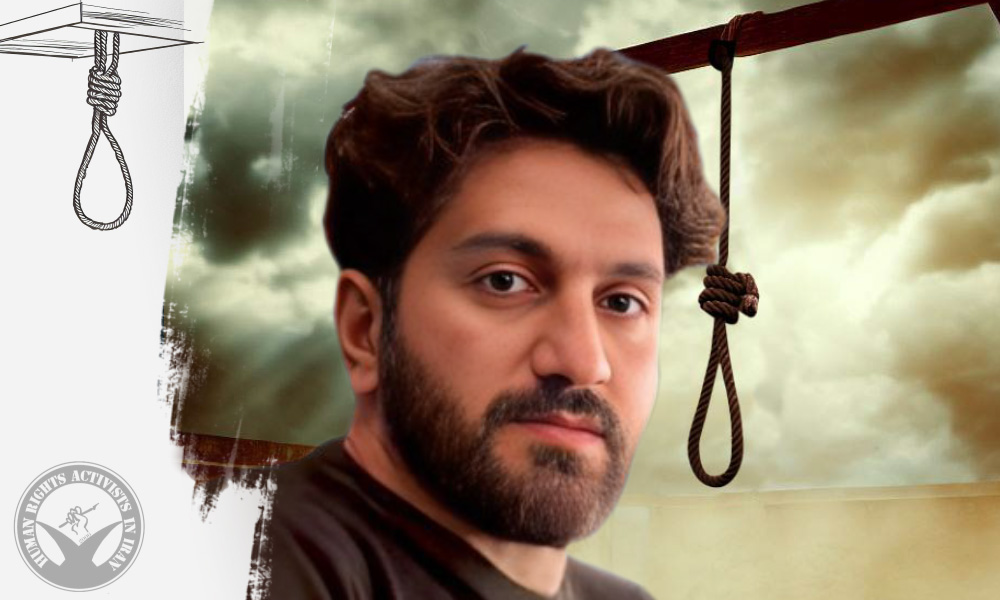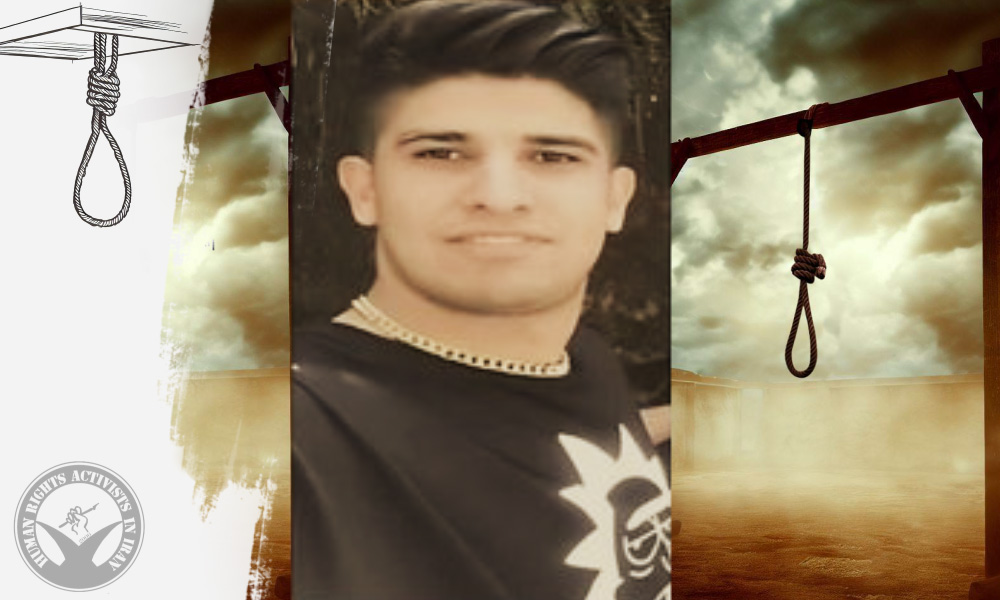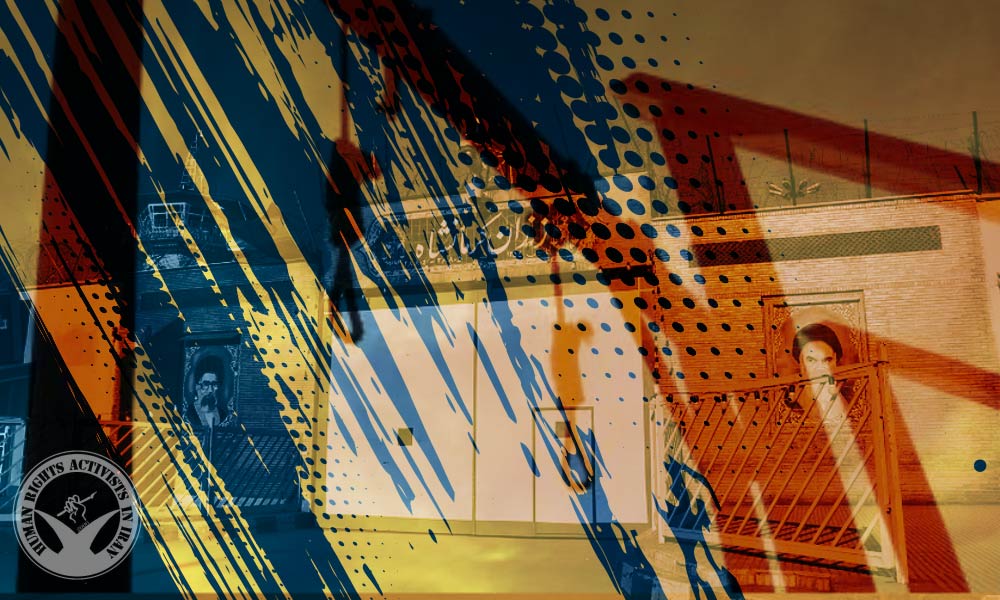HRANA News Agency – Yesterday, October 2, the death sentence of a prisoner previously convicted of murder was carried out in Dizelabad Prison, Kermanshah.
HRANA has confirmed his identity as Kamyar Barati Sarvnoie.
According to information obtained by HRANA, Mr. Barati had previously been arrested on charges of murder and was later sentenced to death by a criminal court.
As of the time of this report, the execution of this prisoner has not been announced by prison authorities or state institutions.
In 2024, according to 812 reports compiled by HRANA, the Iranian regime executed 930 individuals in its prisons—marking the highest number of executions in the past 12 years. Despite the scale of these executions, prison officials and other relevant authorities publicly acknowledged only 6% of them, highlighting the regime’s lack of transparency and accountability.
From the beginning of this year until the end of September, the Iranian regime has executed 1,028 people, marking an unprecedented increase compared to previous years.




